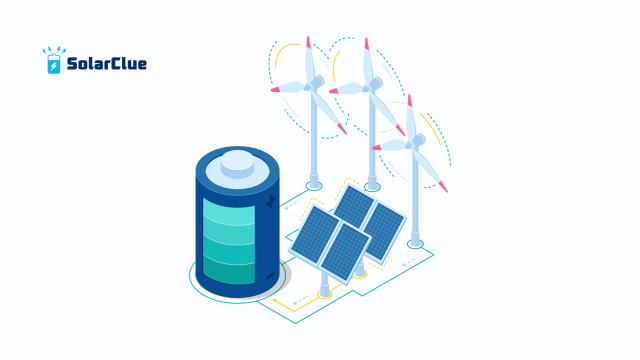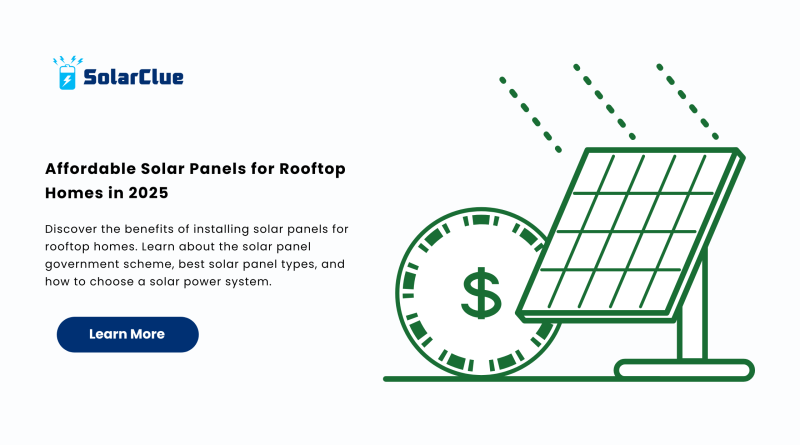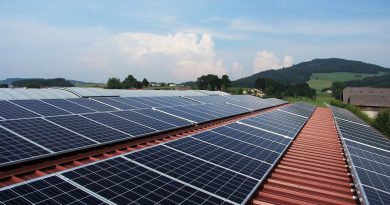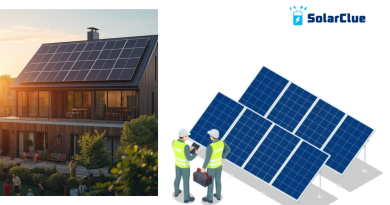Affordable Solar Panels for Rooftop Homes in 2025
With energy costs on the rise and sustainability becoming a global priority, many homeowners are turning to solar panels for rooftop installations as a smart, long-term solution. Whether you’re looking to reduce your electricity bills, gain energy independence, or contribute to a greener planet, rooftop solar offers the perfect balance of efficiency and affordability. Thanks to advancements in technology and the support of the solar panel government scheme, installing a solar power system at home has never been more accessible or cost-effective. In this guide, we’ll explore everything you need to know—from choosing the best solar panel to understanding key incentives—to help you make a confident transition to solar energy.
Table of Contents
- 1 Why Rooftop Solar Panels Are a Smart Investment
- 2 What Are Solar Panels and How Do They Work?
- 3 Government Schemes Supporting Solar Adoption
- 4 Benefits of Installing Solar Panels on Your Rooftop
- 5 Choosing the Best Solar Panel for Home Use
- 6 Key Factors to Consider Before Installation
- 7 Types of Rooftop Solar Systems
- 8 Installation Process: Step-by-Step Guide
- 9 Long-Term Savings and ROI
- 10 How to Maintain Your Solar Panel System
- 11 Common Myths About Solar Panels
- 12 Real-World Examples of Successful Installations
- 13 Future Trends in Solar Technology
- 14 Wrapping It Up
- 15 FAQs
Why Rooftop Solar Panels Are a Smart Investment
Installing solar panels for rooftop homes is more than just a trend—it’s a future-proof way to reduce electricity bills, become energy independent, and promote a sustainable lifestyle. With rising utility costs and increasing awareness about climate change, rooftop solar panel installations have surged in popularity.
What Are Solar Panels and How Do They Work?
Solar panel systems capture sunlight and convert it into electricity using photovoltaic (PV) cells. These panels are typically mounted on rooftops where they receive the most sunlight exposure throughout the day. A solar power system includes the panels, inverter, batteries (optional), and a monitoring system.
Government Schemes Supporting Solar Adoption
The solar panel government scheme in India offers financial incentives for residential users. Under schemes like PM-KUSUM and the Grid-Connected Rooftop Solar Programme, homeowners can avail subsidies up to 40% on system costs. These schemes have accelerated the adoption of solar panels for rooftop setups across the country.
Benefits of Installing Solar Panels on Your Rooftop
1. Reduced Electricity Bills
Once installed, solar panel systems drastically cut your monthly electricity expenses, sometimes by up to 90%.
2. Environmentally Friendly
Rooftop solar panel systems contribute zero emissions, making them an eco-conscious energy source.
3. Low Maintenance Costs
Modern solar panels are built to last over 25 years with minimal maintenance.
4. Increased Property Value
Homes equipped with a solar power system tend to attract more buyers and fetch better prices.
Choosing the Best Solar Panel for Home Use
When selecting the best solar panel for your home, consider factors like efficiency, warranty, durability, and brand reputation. Monocrystalline panels are generally more efficient and space-saving than polycrystalline ones.
Key Factors to Consider Before Installation
Sunlight Exposure
Ensure your rooftop receives ample sunlight throughout the day.
Roof Strength and Space
The structure must be strong enough to support a solar panel system.
Budget and Incentives
Calculate the overall cost and explore solar panel government scheme subsidies to reduce your investment.
Types of Rooftop Solar Systems

1. On-grid Systems
Connected to the public electricity grid, allowing net metering.
2. Off-grid Systems
Independent of the grid, ideal for remote areas.
3. Hybrid Systems
Combine the features of both on-grid and off-grid systems, offering greater flexibility.
Installation Process: Step-by-Step Guide
- Site assessment
- System design and approval
- Installation of solar panels for rooftop
- Connection and testing
- Monitoring setup
Long-Term Savings and ROI
Although the initial cost can seem high, a typical solar power system pays for itself in 4-6 years. Given their long lifespan, homeowners enjoy over 20 years of free electricity.
How to Maintain Your Solar Panel System
Routine cleaning, periodic inspections, and real-time monitoring ensure optimal performance. Many systems now come with mobile apps for easy tracking.
Common Myths About Solar Panels
- Solar panels don’t work in cloudy weather – They do, although at reduced efficiency.
- Maintenance is expensive – Not true; upkeep is minimal.
- They’re too costly – With the solar panel government scheme, initial costs are much more manageable.
Real-World Examples of Successful Installations
Many urban and rural households have adopted rooftop solar panel systems, reducing bills and even earning credits through net metering.
Future Trends in Solar Technology
Expect advancements in battery storage, panel efficiency, and smart integrations. The market for solar panels for rooftop use will only expand in the coming years.
Wrapping It Up
Switching to a solar power system is a smart and responsible decision for homeowners. With the help of the solar panel government scheme, this shift is more affordable than ever. Whether you’re looking for the best solar panel, or simply want to cut electricity costs, now is the perfect time to invest.
To explore the perfect solution for your home, check out solarclue.com or read more expert insights at blog.solarclue.com. Discover how clean energy can power your life.
FAQs
1. How much does a rooftop solar panel system cost in India?
Prices vary based on size and type, but after government subsidies, a 3kW system may cost between ₹1.5–2 lakhs.
2. Can I install solar panels on any type of roof?
Most roofs are suitable, but flat or south-facing sloped roofs work best for maximum sunlight.
3. How long do solar panels last?
High-quality solar panels can last 25–30 years with proper maintenance.
4. Do I need batteries for my solar system?
Not necessarily. On-grid systems don’t require batteries, while off-grid and hybrid systems typically do.
5. How do I apply for the solar panel government scheme?
Visit the official MNRE portal or consult with a registered installer who can help with the application process.




